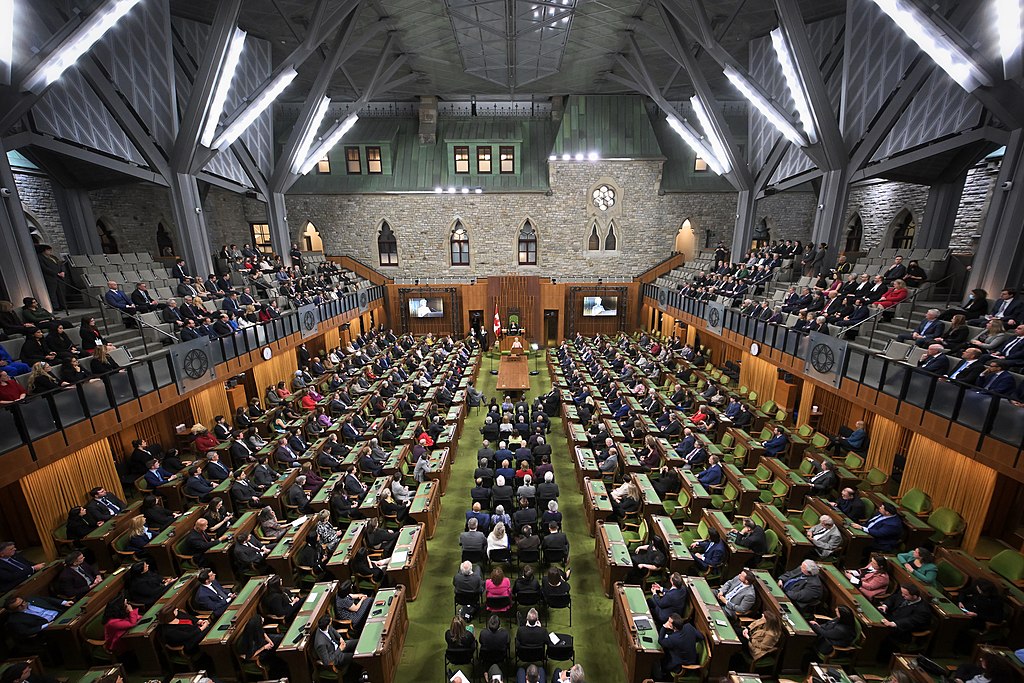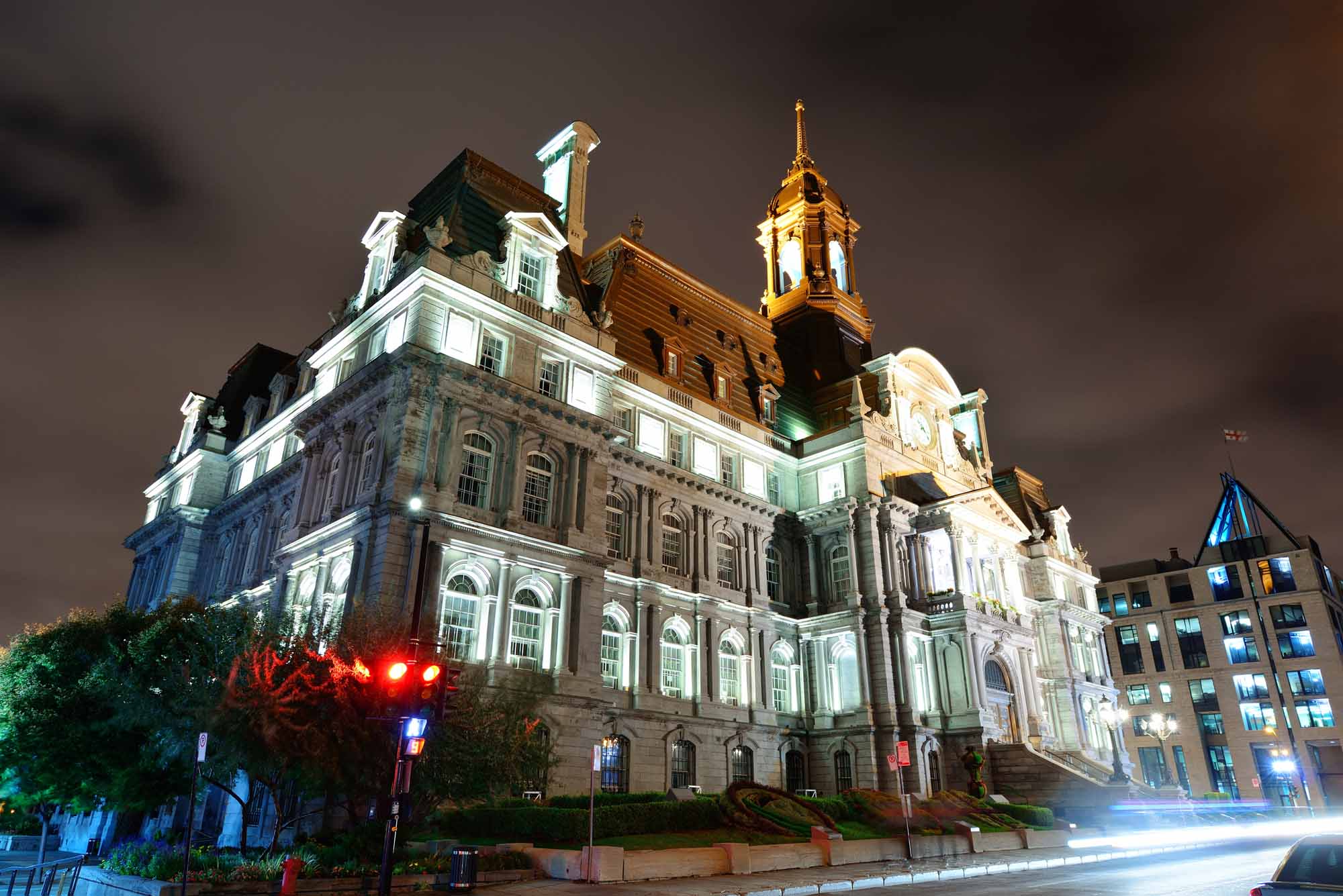Article
Lieutenant-Governors of Prince Edward Island
For more information on provincial politics see: Prince Edward Island. Lieutenant-Governors Term Antoinette Perry 2017-present H. Frank Lewis 2011-17 Barbara A. Hagerman 2006-11 J. Léonce Bernard 2001-06 Gilbert R. Clements 1995-2001 Marion L. Reid 1990-95 Lloyd McPhail 1985-90 Joseph A. Doiron 1980-85 Gordon L. Bennett 1974-80 J. George MacKay 1969-74 William J. Macdonald 1963-69 F.W. Hyndman 1958-63 T. William L. Prowse 1950-58 Joseph A. Bernard 1945-50 Bradford Lepage 1939-45 G. Des Brisay Deblois 1933-39 Charles...








